Medical Blog About Treatment Abroad
Welcome to our medical blog – it is dedicated to empowering patients with knowledge about global healthcare! We created this platform with the intention to bridge the gap between patients and the medical innovations available globally.
What's Inside: Discover new and rare methods in oncology, immunology, heart surgery, neurosurgery, and other medical fields! Our health travel insights show how medical journeys open new possibilities with advanced treatments unavailable locally, including specialized cancer care abroad.
Who Benefits: This resource is for patients and their families who seek new treatment methods and explore options at leading international hospitals. Those who want to make informed healthcare decisions beyond borders.
Why Read: Booking Health experts provide verified information through patient-friendly articles – they translate complex medical advances into accessible info. Stay current with the latest developments in global healthcare and discover how international medicine can transform treatment outcomes!
Browse our latest articles and take the first step toward better health outcomes!
Latest posts - page 19
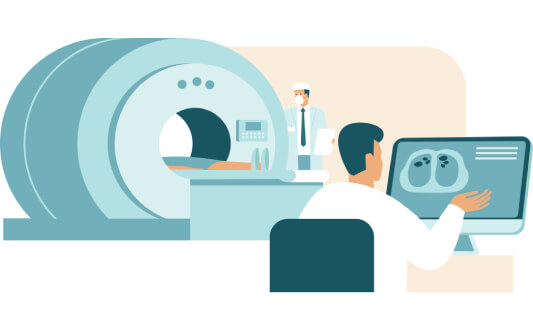 Diagnostics of lung cancer
Diagnostics of lung cancer
With 2.5 million new cases in 2022 and 1.8 million deaths, lung cancer remains the most common cancer diagnosed worldwide. The challenge is early detection: only 17% and 15% of lung cancers in women and men, respectively, are diagnosed at stage 1, when survival is 80-93%. Those with advanced lung cancer have survival rates of less than 20%.
 Dendritic cells: a possible key to treating ulcerative colitis
Dendritic cells: a possible key to treating ulcerative colitis
Dendritic cell therapy for ulcerative colitis is an advanced approach focused on the individual characteristics of the patient’s body. This method is an innovative solution in the world of medicine and opens up new opportunities for those who are looking for effective ways to combat a chronic disease. Unlike standard treatments, dendritic cell...
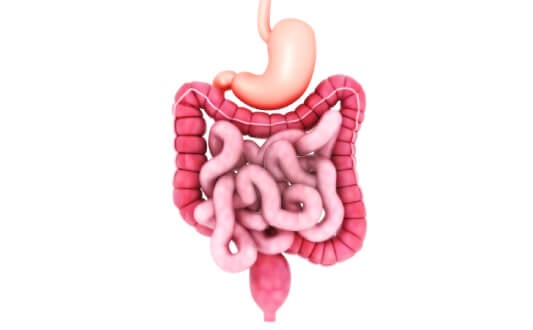 Treatment of Gastrointestinal Neuroendocrine Tumors
Treatment of Gastrointestinal Neuroendocrine Tumors
Gastrointestinal neuroendocrine tumors (GI NETs) are rare malignancies that originate from neuroendocrine cells located throughout the gastrointestinal tract.1 These tumors are unique because they can produce hormones and have a wide spectrum of behaviors, ranging from indolent to highly aggressive forms. Over the past few decades...
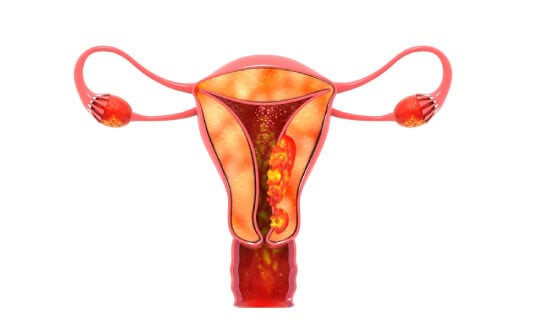 Uterine cancer: Treatment Options for Endometrial (Womb) Cancer
Uterine cancer: Treatment Options for Endometrial (Womb) Cancer
Endometrial cancer is the most common gynecologic malignancy in Europe. According to the European Cancer Information System (ECIS), supported by the European Network of Cancer Registries (ENCR), there were approximately 125,000 new cases of endometrial cancer diagnosed across Europe in 2022, accounting for nearly...
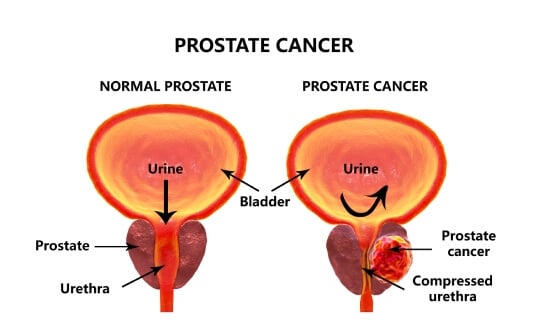 Stage 4 Prostate Cancer Treatment in Germany: What You Need to Know
Stage 4 Prostate Cancer Treatment in Germany: What You Need to Know
For the nearly 300,000 men diagnosed with prostate cancer yearly, a stage 4 diagnosis presents serious challenges. Yet despite the 31% five-year survival rate, many patients live considerably longer with appropriate treatment. From innovative radioligand therapies with Lutetium-177 and Actinium-225 to advanced techniques like NanoKnife...
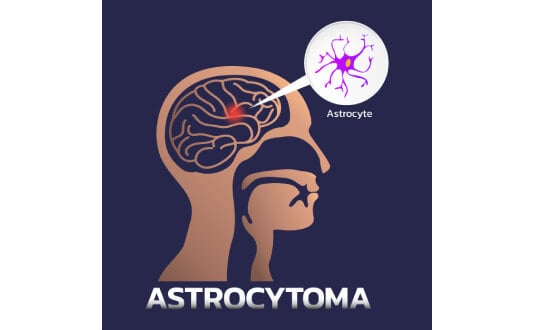 Brain Astrocytoma Treatment – Full Guide: All New Astrocytoma Treatment Options
Brain Astrocytoma Treatment – Full Guide: All New Astrocytoma Treatment Options
Astrocytoma is a type of glioma originating from star-shaped astrocyte cells in the brain, ranging from relatively slow‑growing (grades I-III) to the highly aggressive grade IV form, glioblastoma. In the U.S., gliomas occur at about 6 cases per 100,000 people annually, with glioblastoma accounting for approximately 61 % of those and...
 Stem Cell Treatment for Erectile Dysfunction in Germany
Stem Cell Treatment for Erectile Dysfunction in Germany
Erectile dysfunction (ED) is a disease in which it is impossible to achieve a sufficient erection for sexual intercourse. This pathology can have many reasons. Depending on the origin, erectile dysfunction requires different approaches to treatment. Studies in Germany show ED prevalence rates between 18% and 48% among...
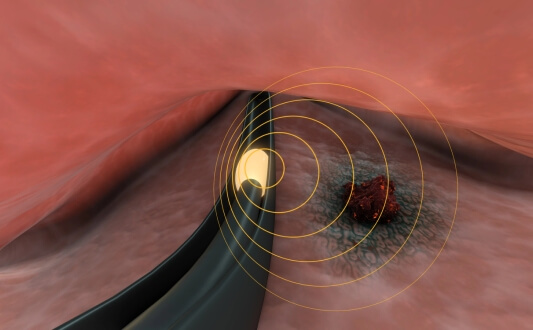 Brachytherapy for Uterine Cancer
Brachytherapy for Uterine Cancer
Uterine cancer, and particularly endometrial cancer - the most common form - has become an increasingly urgent concern worldwide. According to a recent PubMed-indexed global burden analysis, there were approximately 360,253 new cases and 84,630 deaths from endometrial cancer among postmenopausal women in 2021. These figures...

